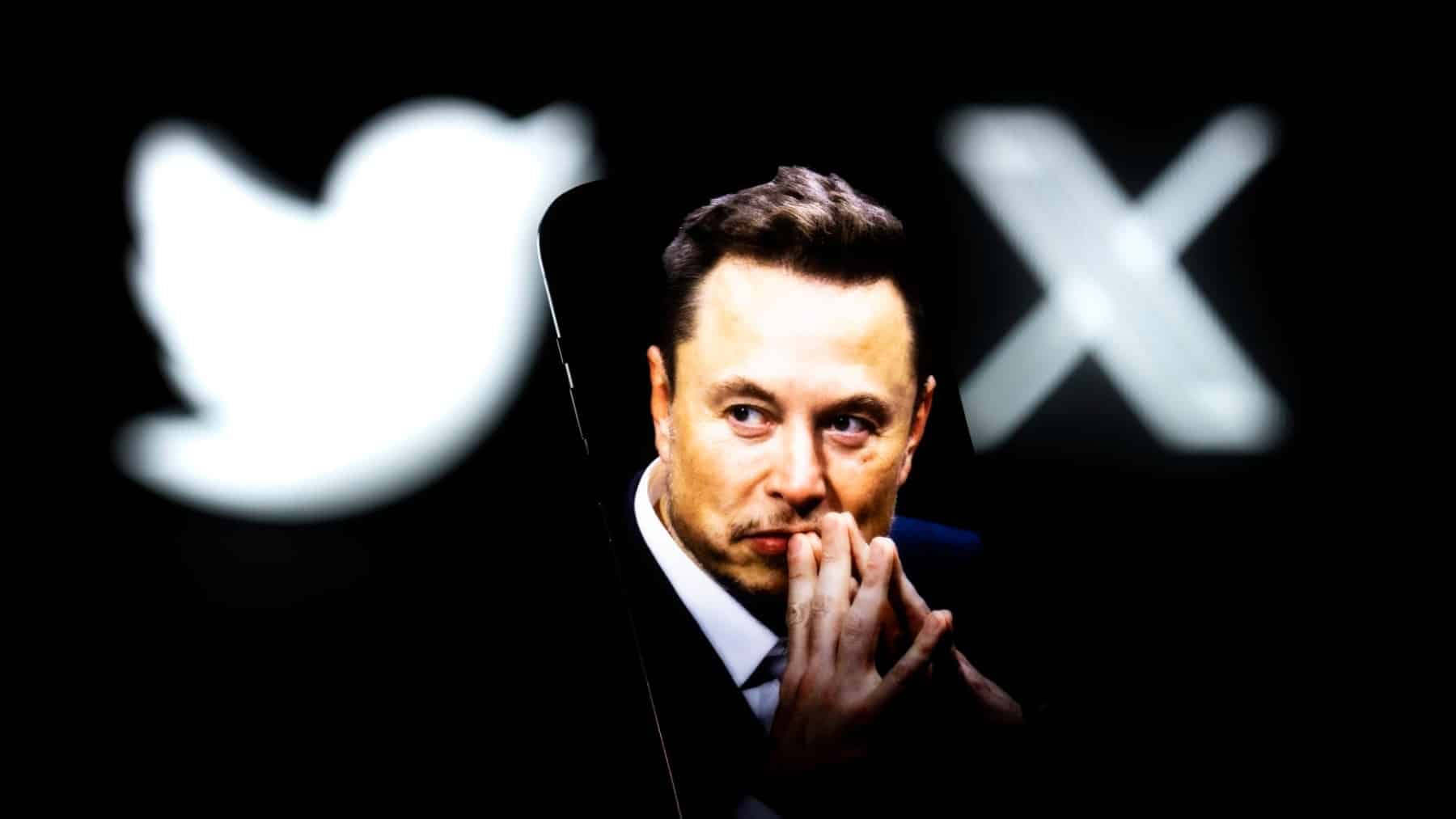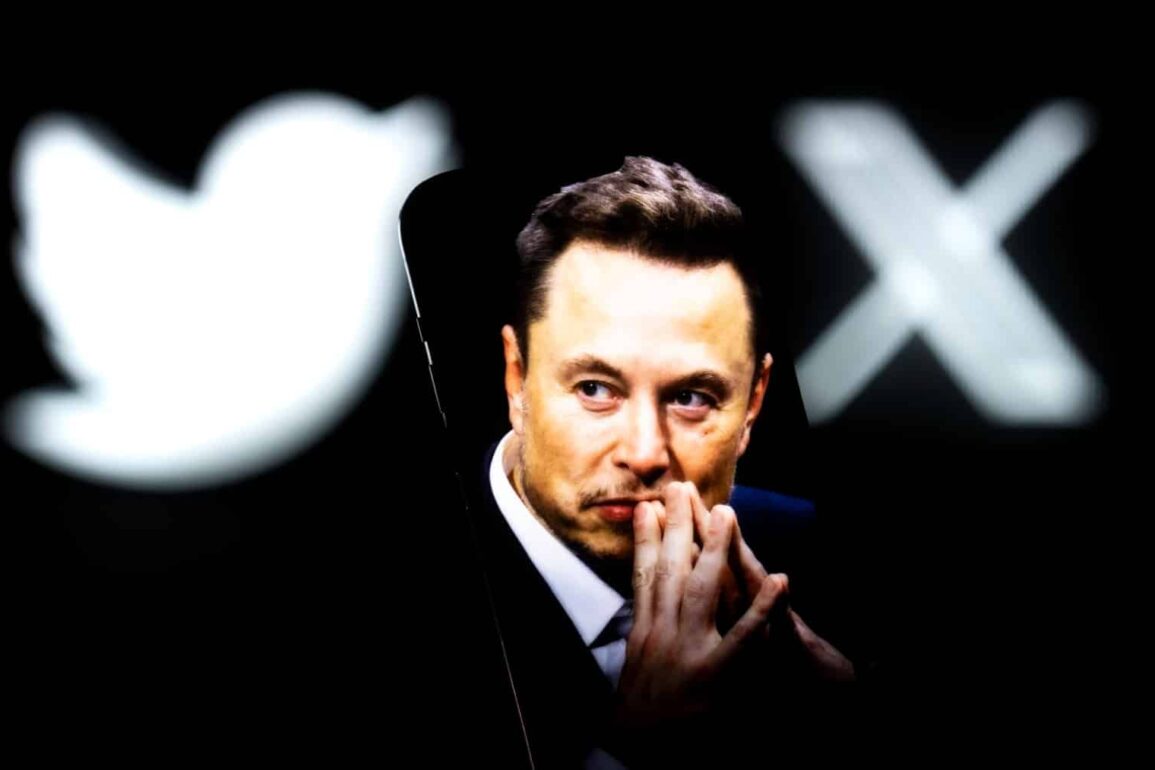
Elon Musk has stirred anger within X users. Formally known as Twitter it has made many users question the future of this social network. One could say that this change could potentially be the end of X. Commotion is being caused by the new block feature that has been announced by Musk and X’s engineering team. Although they can still not interact with the content, the new feature lets blocked users see their blockers’ public posts.
In a post on X, formally, Twitter, the engineering team stated that,
Soon we’ll be launching a change to how the block function works. If your posts are set to public, accounts you have blocked will be able to view them, but they will not be able to engage (like, reply, repost, etc.).
Removing the block feature: A difficult decision to explain
This decision has stirred backlash on the platform as many state that this new block feature will be at a disadvantage to many users and reduce user agency on the platform. Initially, even on any other social media platform the blocking features serve as a tool that restricts people from interacting with unwanted users. That is, when one is blocked, he or she cannot see, comment, reply or like the content posted by the one who blocked.
However, in this case, Elon Musk says that one can be blocked, but whoever has been blocked can see that person’s content as long as the posts are public. Therefore, X users are boycotting, saying that it is not fair and goes against the privacy policy. As an alternative, the platform now highlights the “mute” feature, which only conceals posts without alerting the muted person.
The block feature is safer and protects users from harassment
It’s crucial to remember that strict regulations enforced by Google Play and the Apple App Store mandate that social media companies provide a blocking tool that enables users to stop unwanted interactions. It’s still unclear if X satisfies these standards when it implements this new functionality, particularly in light of the recent permission for barred users to access public postings.
Critics have voiced serious concerns over user safety, especially in light of privacy issues, stalking, and targeted harassment. Many users have reported more harassment on the platform after Musk took ownership, which has raised concerns about personal safety. There are concerns about unwelcome exposure when prohibited users can access public content, particularly for users who have previously been the object of stalking or targeted harassment.
User reaction: Will engagement on the platform drop or could it be the end of the social network?
There is no answer as to whether the platform will close down. What we do know is that, after this announcement, there has been a shift. Chou’s opposition to the new block option was echoed by many X users, which heightened curiosity in other platforms. As people searched for an alternative to X, Bluesky, a Twitter substitute, gained an additional 1.2 million users in the last two days.
Bluesky rose from No. 181 the day before to No. 2 in the Social Networking category on the top charts of the U.S. App Store. These growing bursts don’t usually result in sustained use. However, this policy change is more than just a symbolic one, unlike some other platform upgrades, such as the renaming of the platform from Twitter to X. This action puts the experiences of individuals being blocked ahead of those blocking them, who are frequently in danger.
Currently, the future of X is unknown. The current modifications to the block tool raise a more general query: is it possible for the platform to uphold Musk’s philosophy of free speech while also maintaining a user-friendly environment? According to the backlash, users anticipate a balance between personal protection and openness. Knowing Elon Musk, there is a possibility that this decision still stands and the block feature will be modified.






